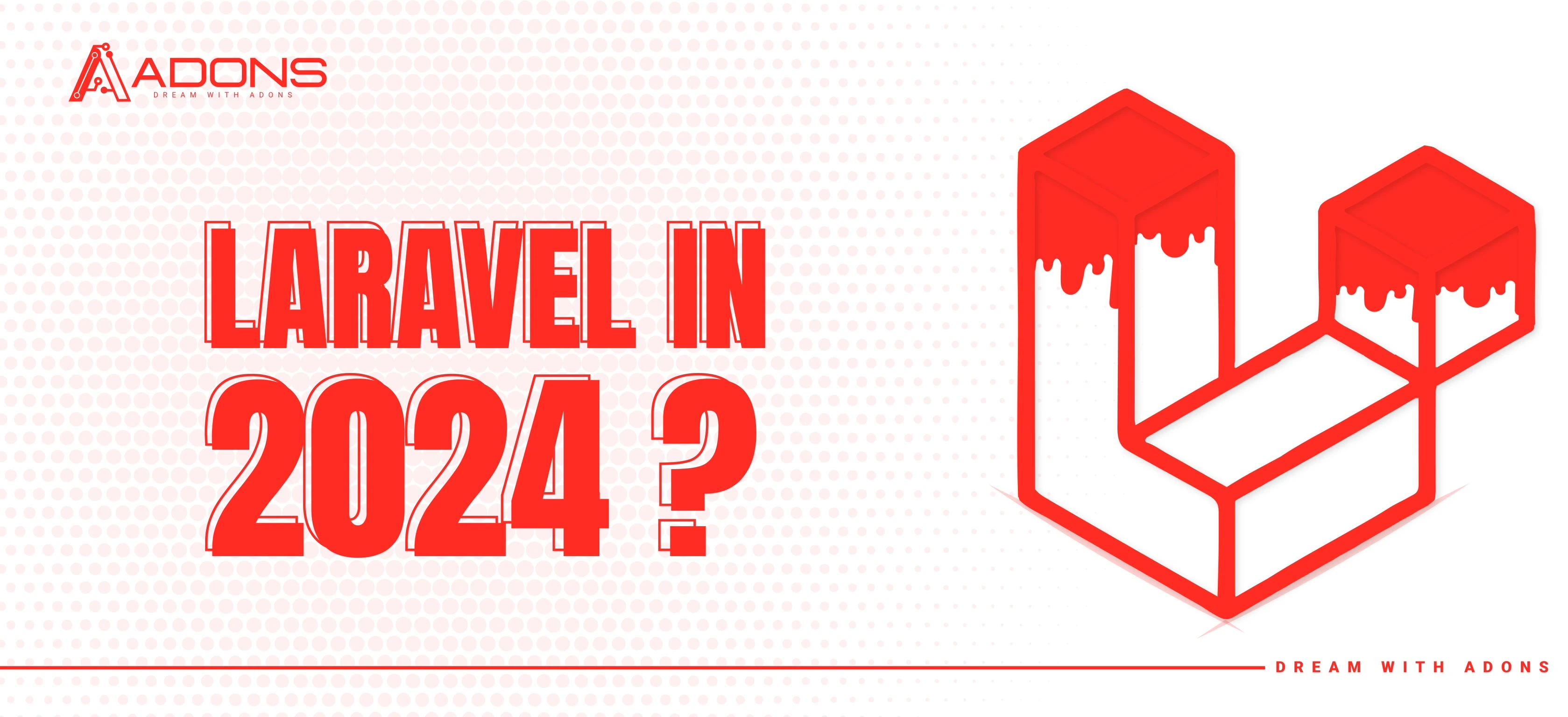
Exploring the Power of Laravel: A Comprehensive Guide
Web Development | Fahad Bhuiyan
In the world of web development, frameworks play a crucial role in streamlining the development process and ensuring efficient, scalable, and maintainable code. Laravel, a PHP framework, has emerged as one of the most popular choices among developers worldwide. With its elegant syntax, robust features, and extensive ecosystem, Laravel has revolutionized the way web applications are built. In this blog post, we'll delve into the intricacies of Laravel, exploring its key features, benefits, and why it's a preferred choice for developers.
What is Laravel?
Laravel is an open-source PHP framework designed for building web applications following the MVC (Model-View-Controller) architectural pattern. Created by Taylor Otwell in 2011, Laravel has since gained immense popularity due to its simplicity, expressive syntax, and rich set of features. It provides developers with a clean and elegant toolkit for crafting web applications rapidly.
Key Features of Laravel
- Eloquent ORM: Laravel's Eloquent ORM (Object-Relational Mapping) simplifies database operations by allowing developers to interact with databases using PHP syntax. It provides an intuitive and expressive way to define database relationships and perform CRUD (Create, Read, Update, Delete) operations.
- Blade Templating Engine: Laravel's Blade templating engine offers a powerful yet simple syntax for designing templates. It enables developers to write clean and concise templates with features like template inheritance, control structures, and reusable components.
- Routing: Laravel's routing system makes it easy to define application routes and map them to controller actions. With flexible route parameters and resourceful routing, developers can design clean and SEO-friendly URLs for their applications.
- Middleware: Middleware provides a mechanism for filtering HTTP requests entering the application. Laravel comes with a variety of built-in middleware for handling tasks such as authentication, CSRF protection, and session management. Developers can also create custom middleware to define additional request handling logic.
- Authentication and Authorization: Laravel simplifies user authentication and authorization with its built-in authentication system. Developers can quickly implement features like user registration, login, and password reset with minimal effort. Additionally, Laravel's robust authorization mechanism allows fine-grained control over user access to resources.
- Artisan Console: Laravel's Artisan command-line interface automates repetitive tasks and simplifies common development tasks. Developers can use Artisan to generate code scaffolding, run database migrations, clear caches, and perform various other tasks, enhancing productivity and efficiency.
- Testing Support: Laravel provides robust support for testing applications with PHPUnit integration out of the box. Developers can write unit tests, feature tests, and browser tests to ensure the stability and reliability of their applications. Laravel's testing tools facilitate writing clean and maintainable tests, making test-driven development (TDD) a breeze.
Benefits of Using Laravel
- Rapid Development: Laravel's expressive syntax and rich set of features enable developers to build web applications quickly and efficiently. With built-in tools for common tasks like authentication, routing, and database management, Laravel accelerates the development process, reducing time to market for projects.
- Scalability: Laravel's modular and well-structured architecture makes it highly scalable, allowing applications to grow seamlessly as demand increases. Whether it's handling increased traffic or adding new features, Laravel provides the flexibility and scalability required for modern web applications.
- Community and Ecosystem: Laravel boasts a vibrant and active community of developers who contribute to its growth and evolution. The Laravel ecosystem offers a plethora of packages, libraries, and resources that extend the framework's functionality and address various development needs. From third-party integrations to community-driven tutorials and forums, developers have access to a wealth of resources to aid their Laravel projects.
- Security: Laravel prioritizes security and provides built-in features to mitigate common security threats. From CSRF protection to encryption and hashing, Laravel helps developers safeguard their applications against vulnerabilities and attacks, ensuring the security and integrity of user data.
- Documentation and Support: Laravel's comprehensive documentation and extensive support resources make it easy for developers to get started with the framework and troubleshoot issues along the way. Whether it's official documentation, community forums, or online tutorials, developers have access to a wealth of resources to help them master Laravel and build exceptional web applications.